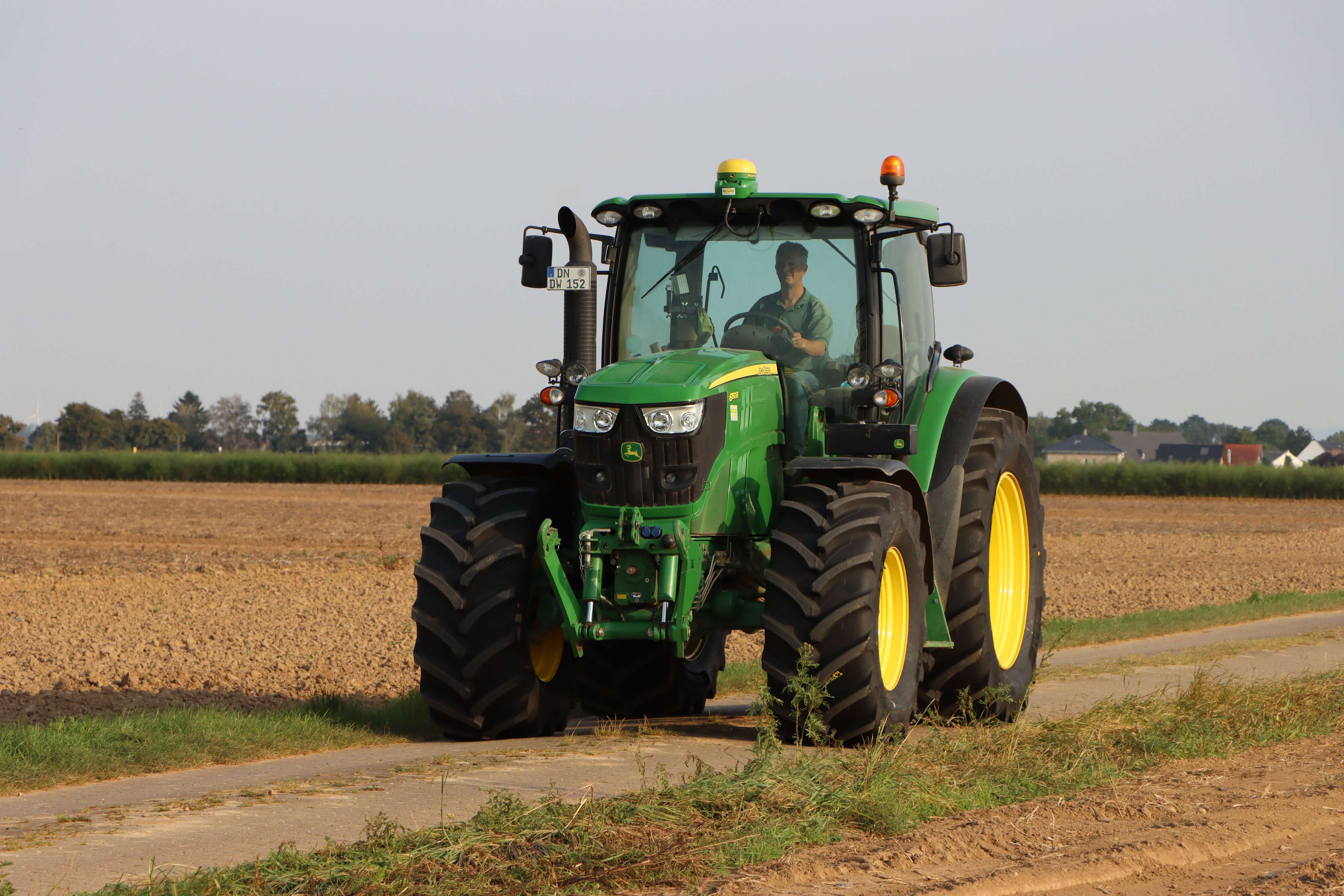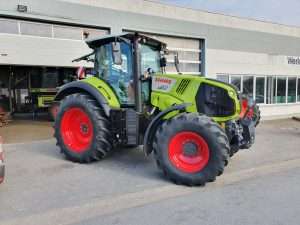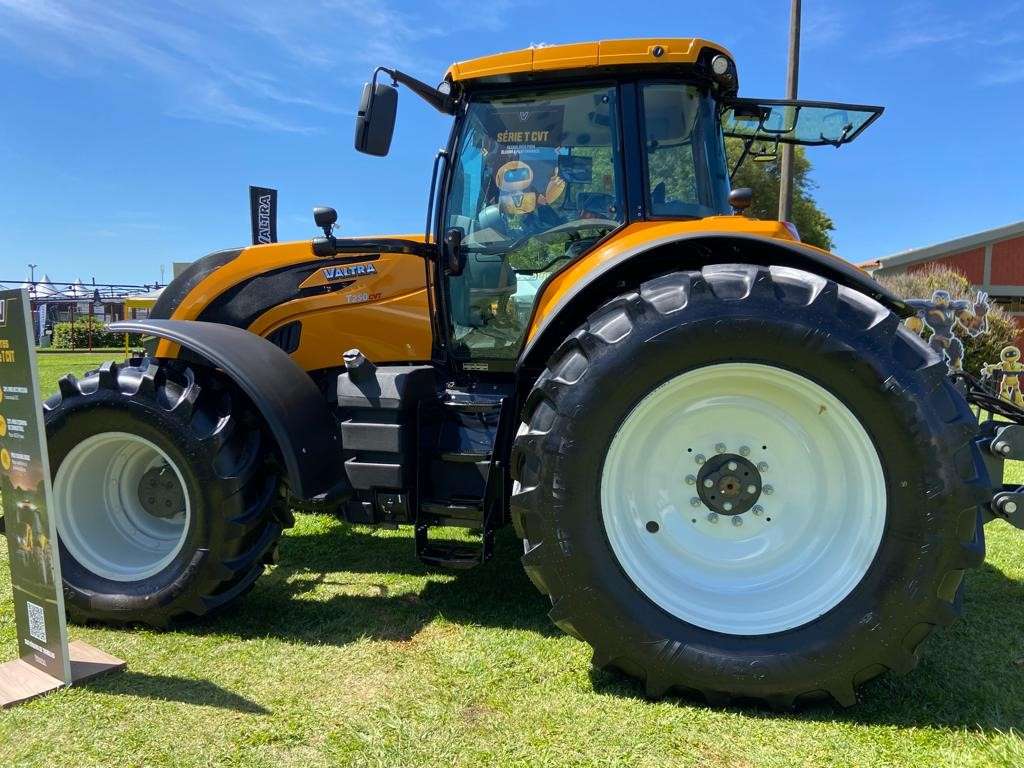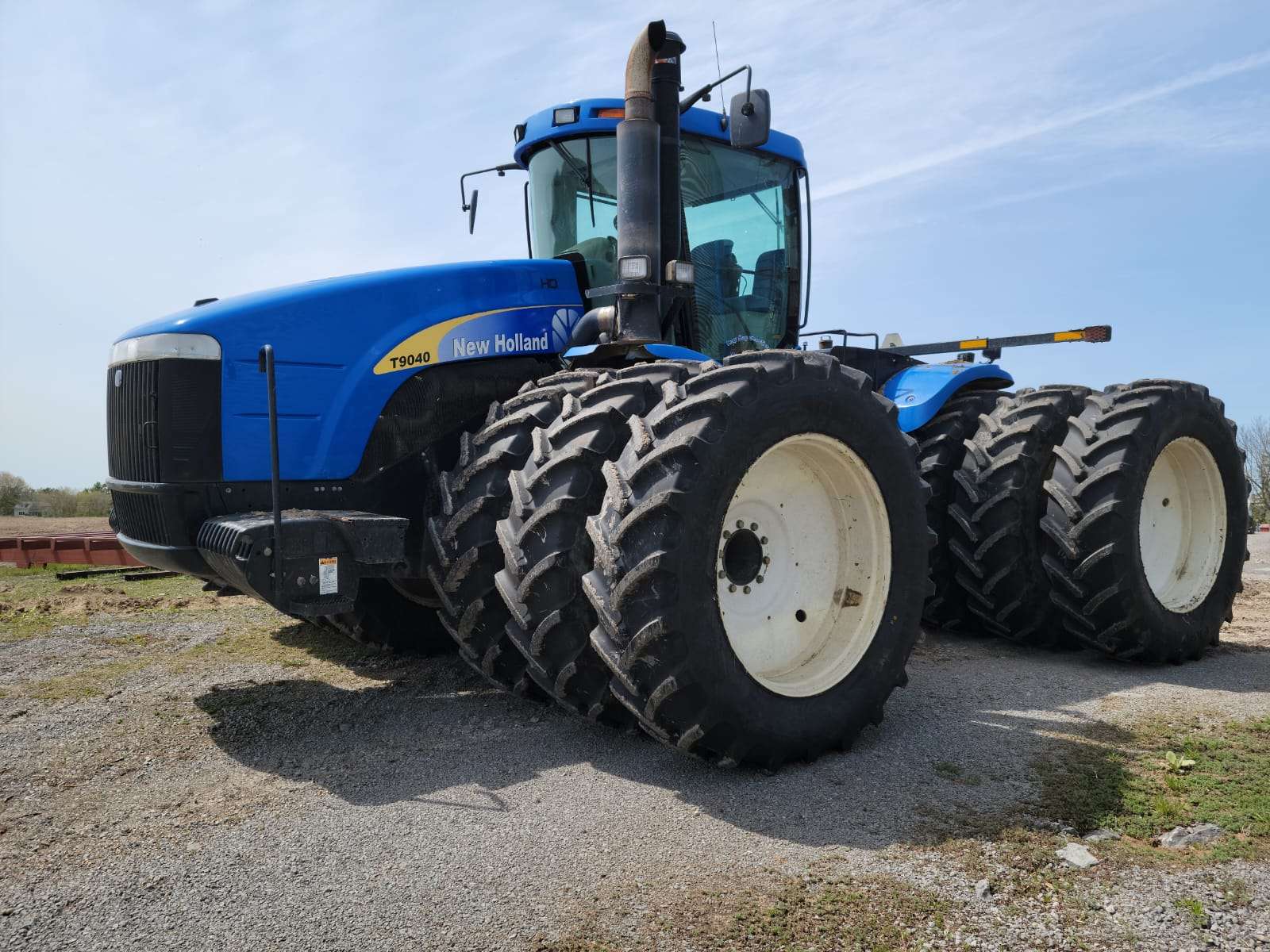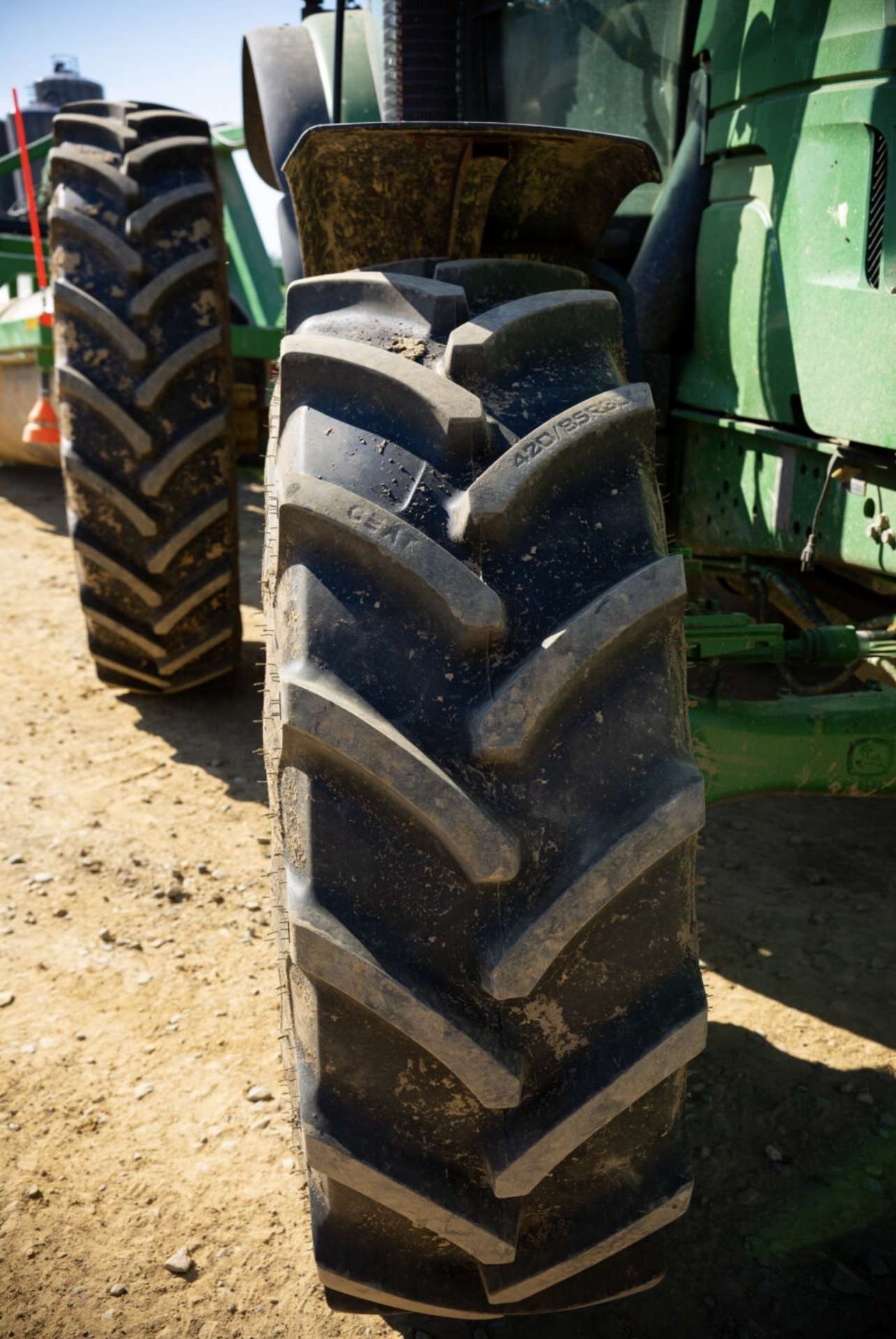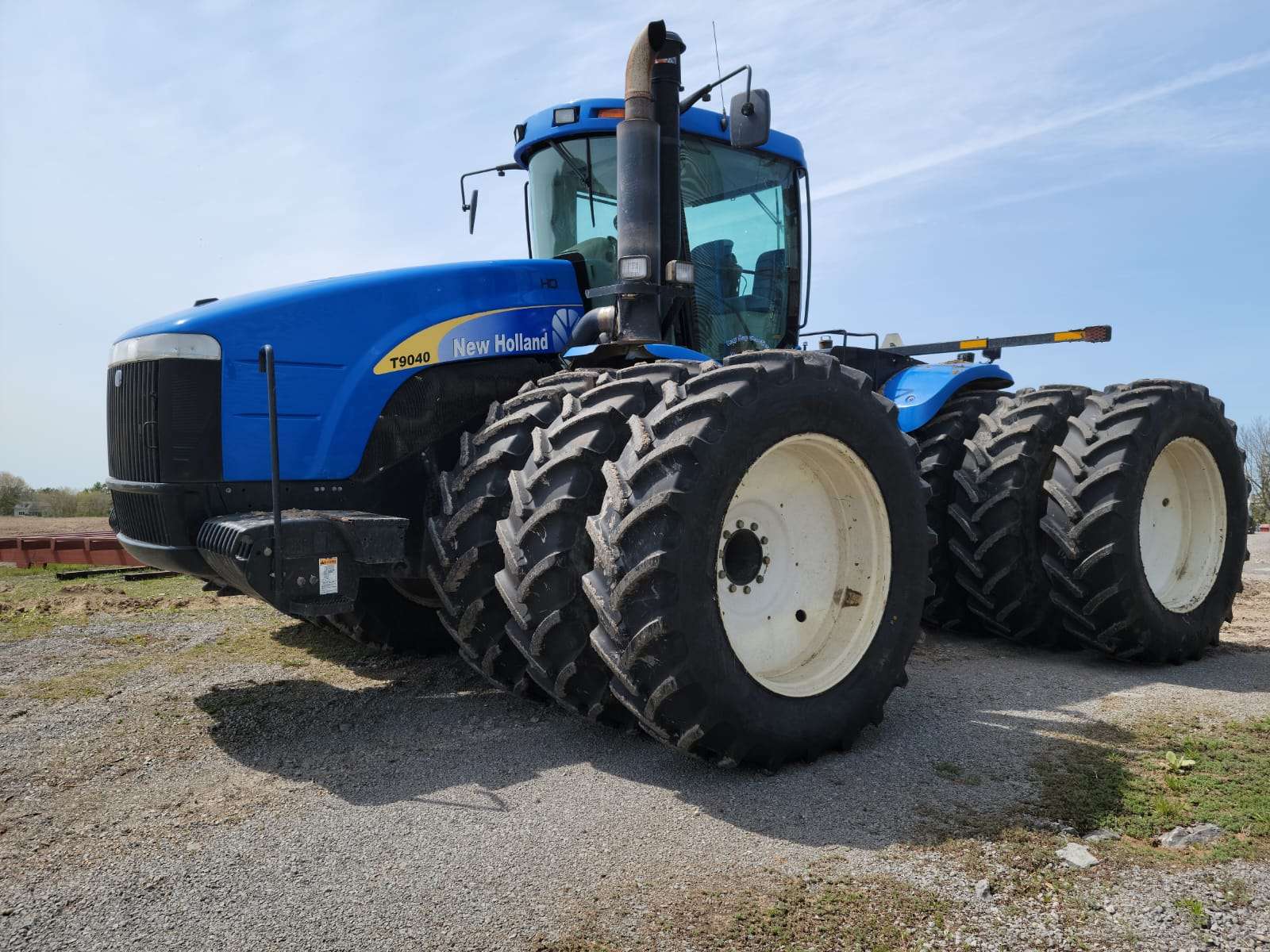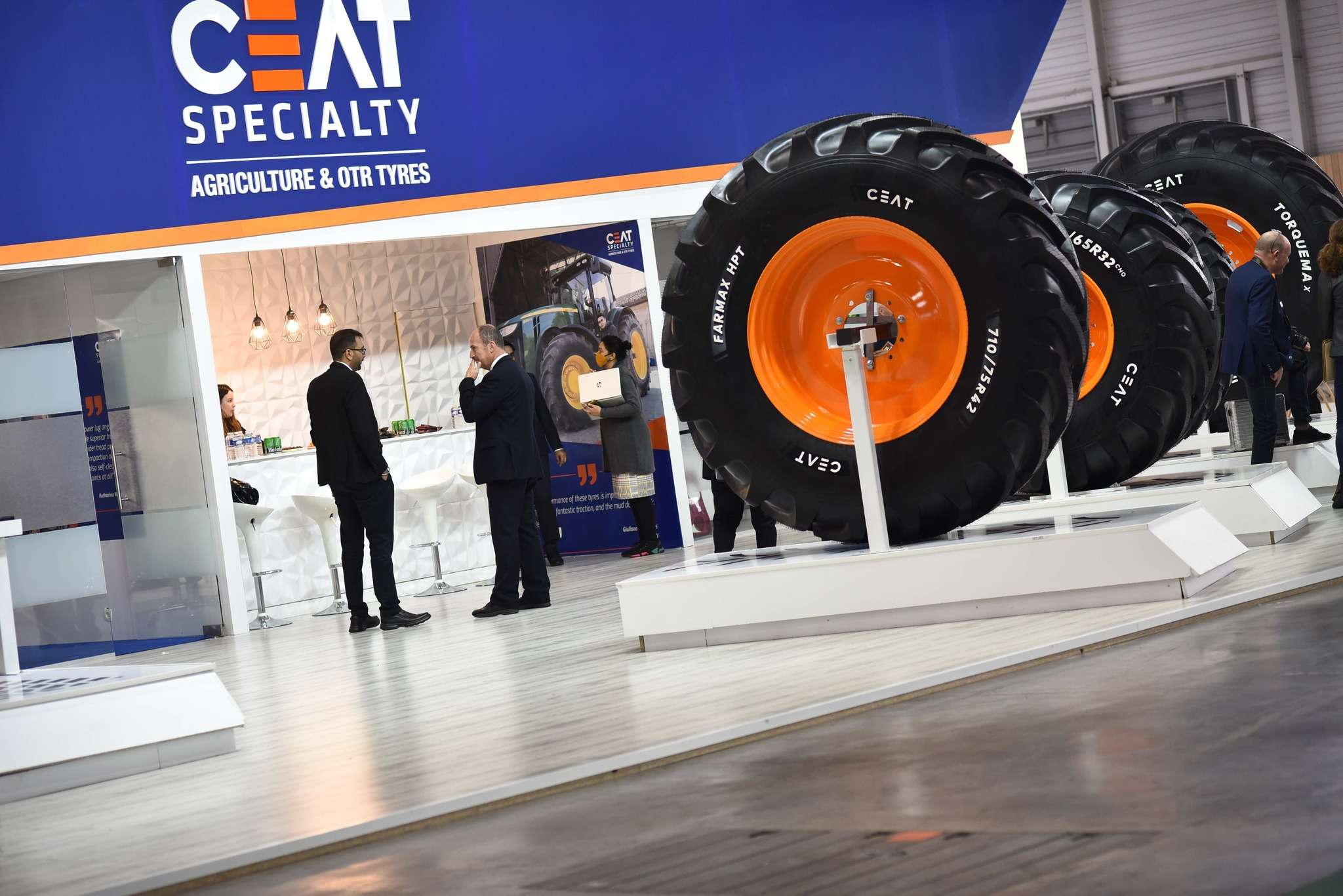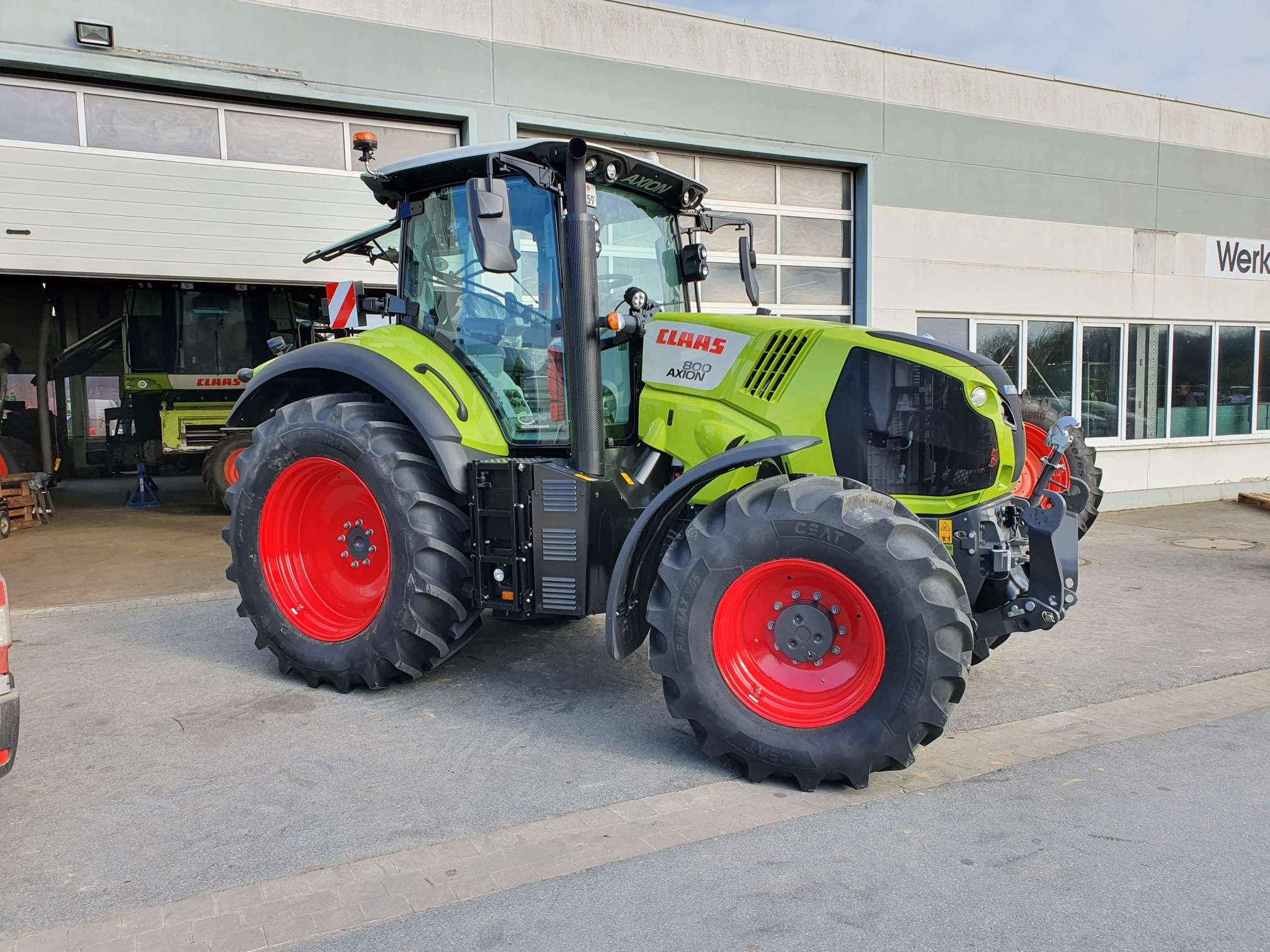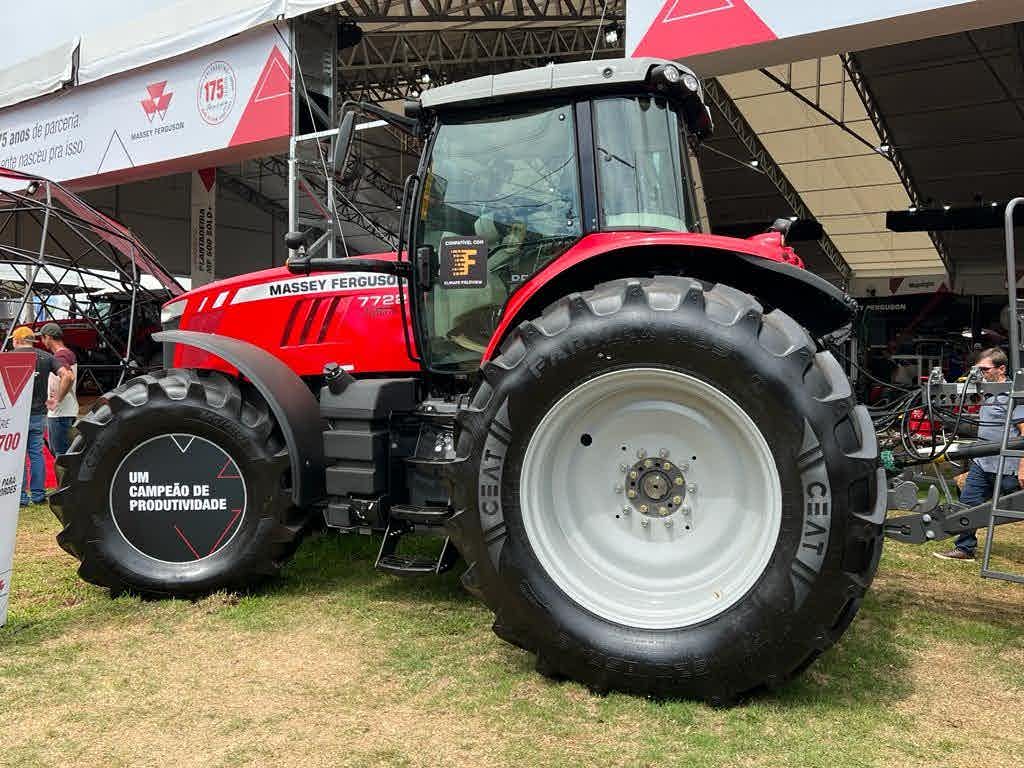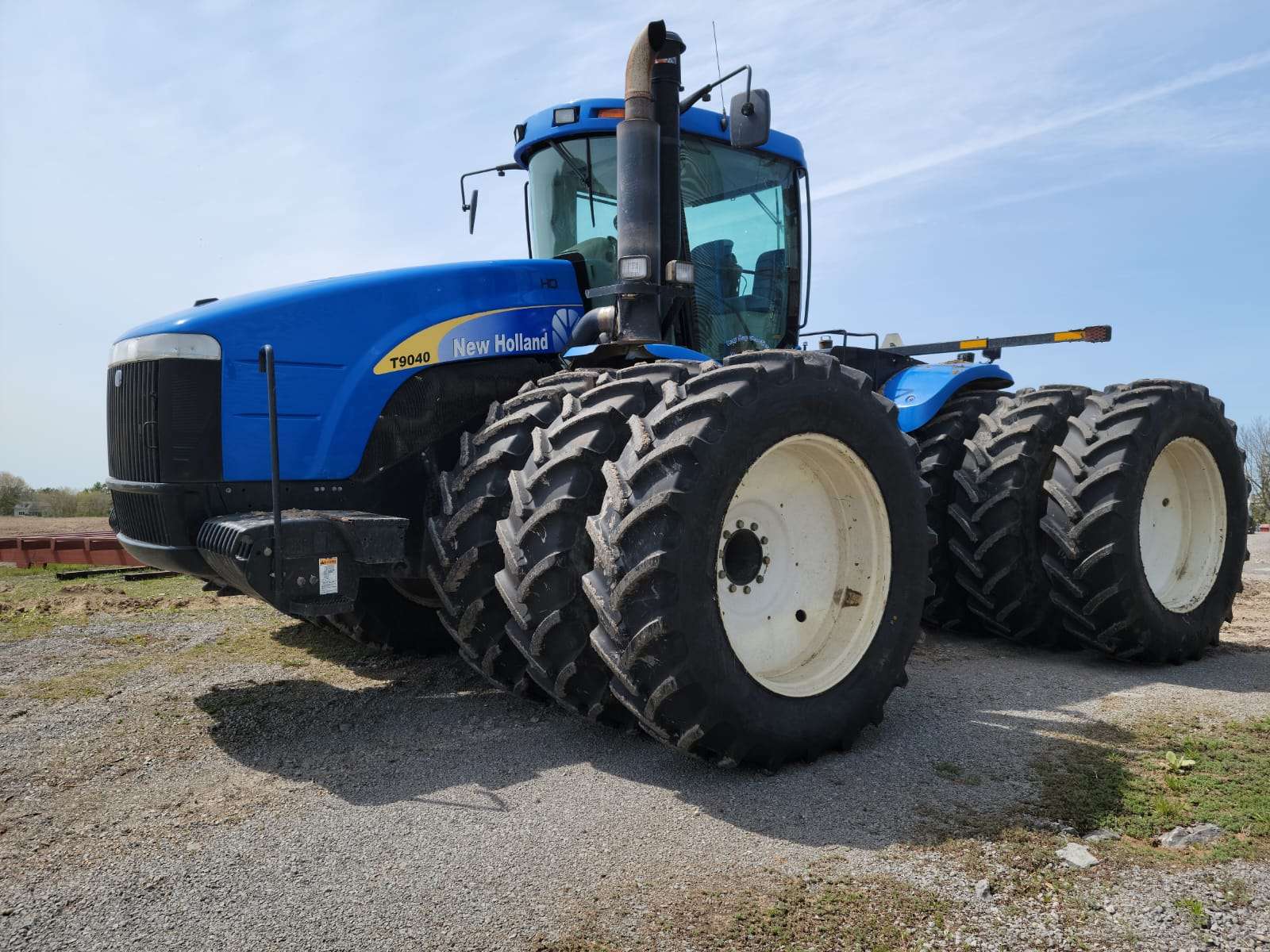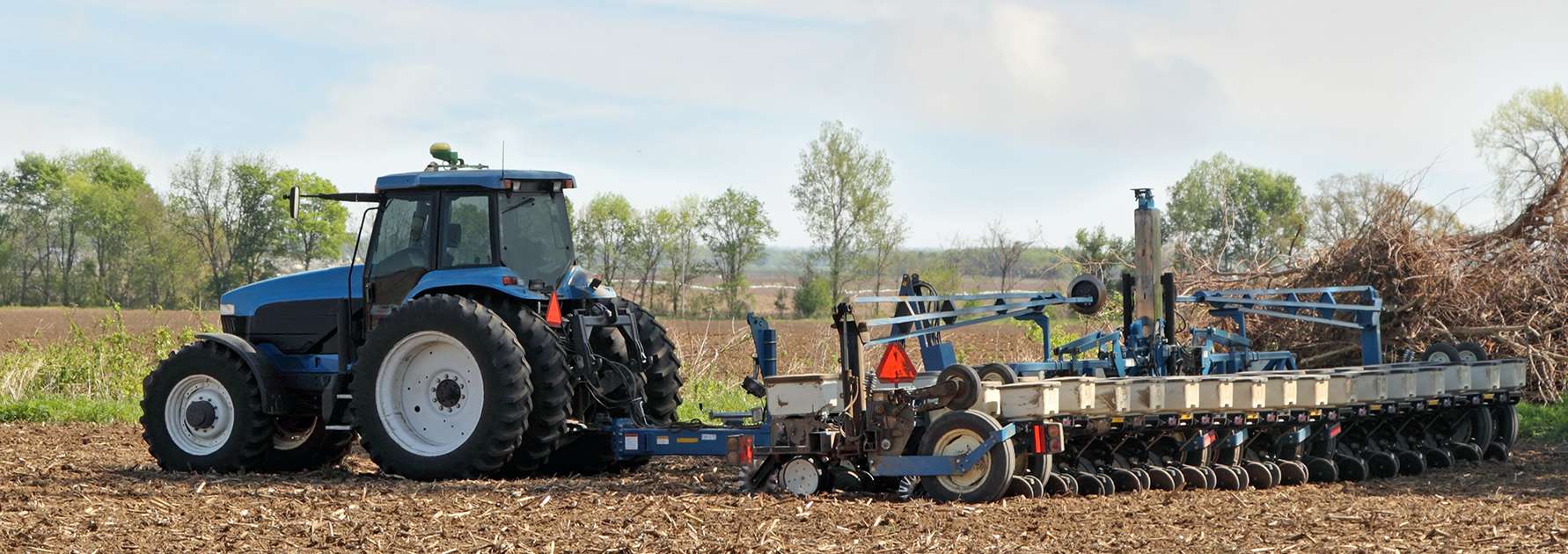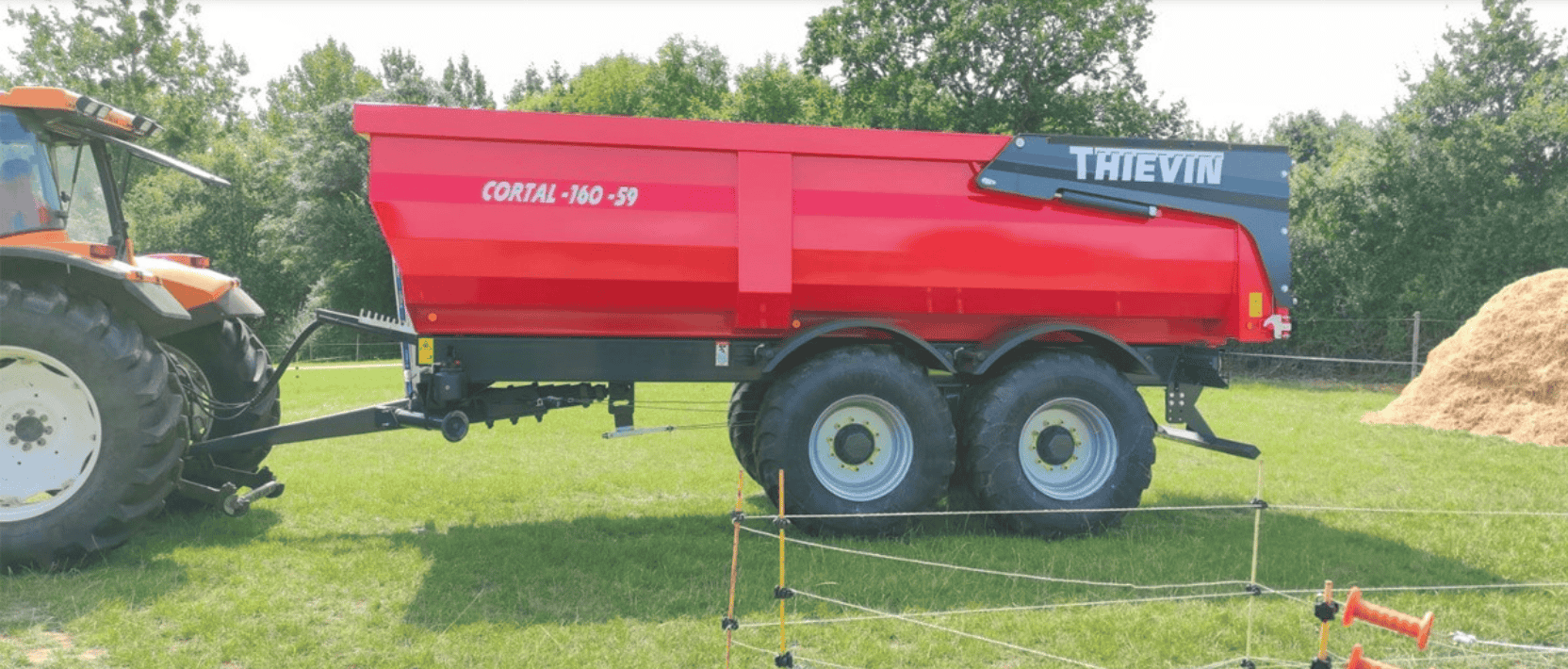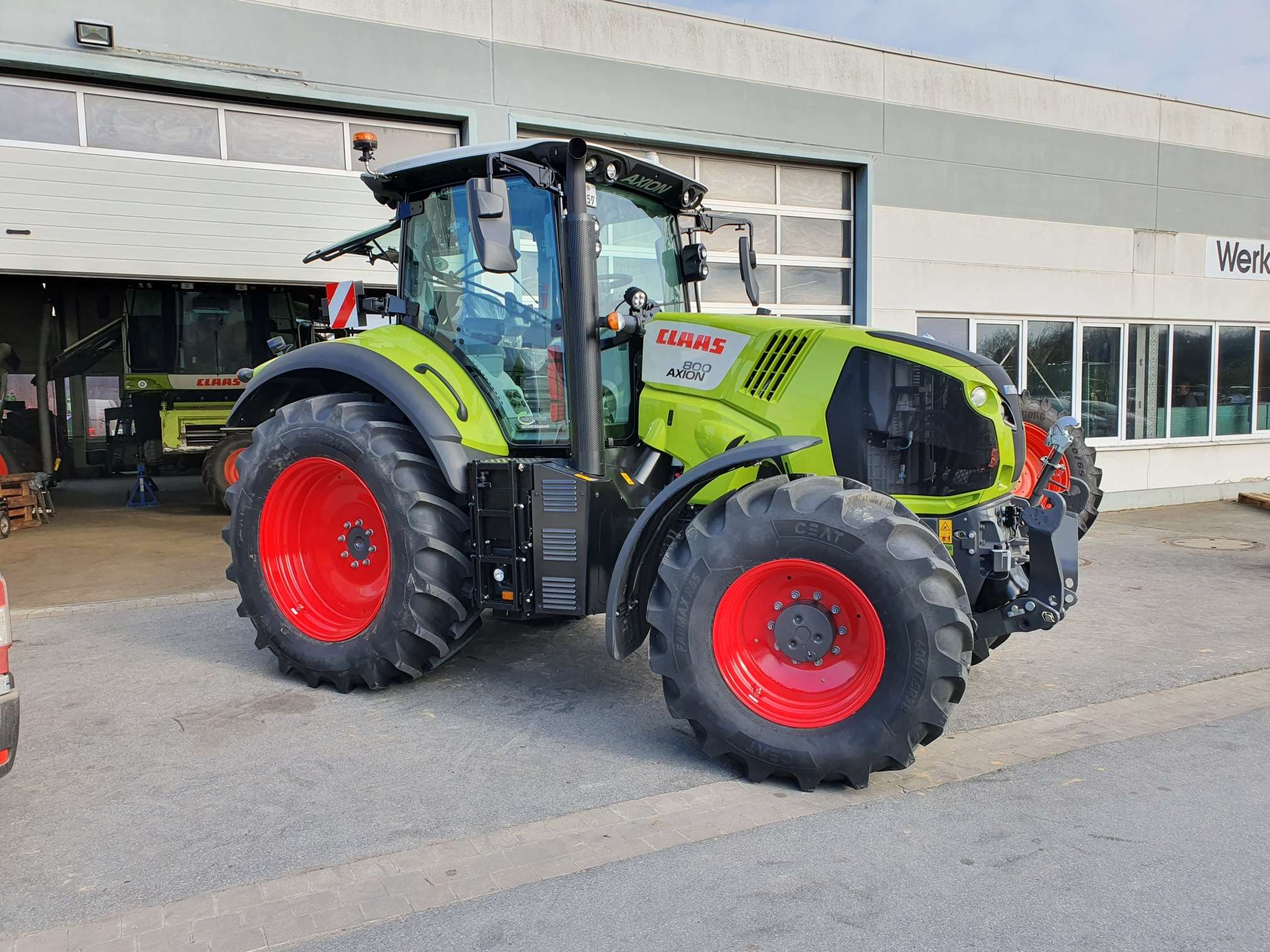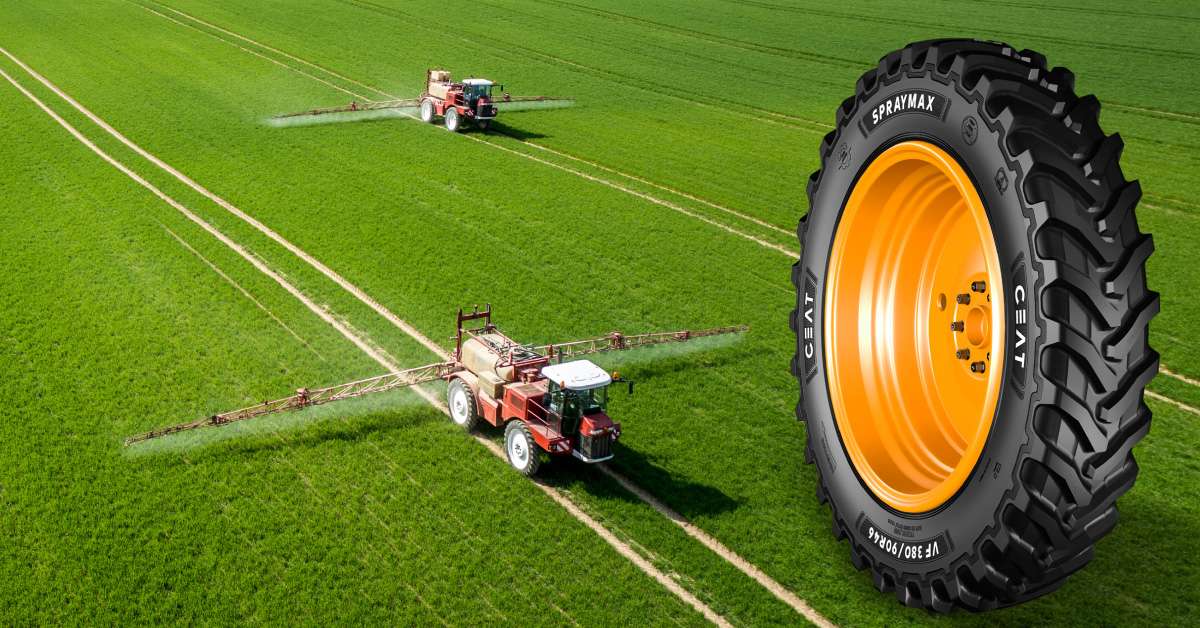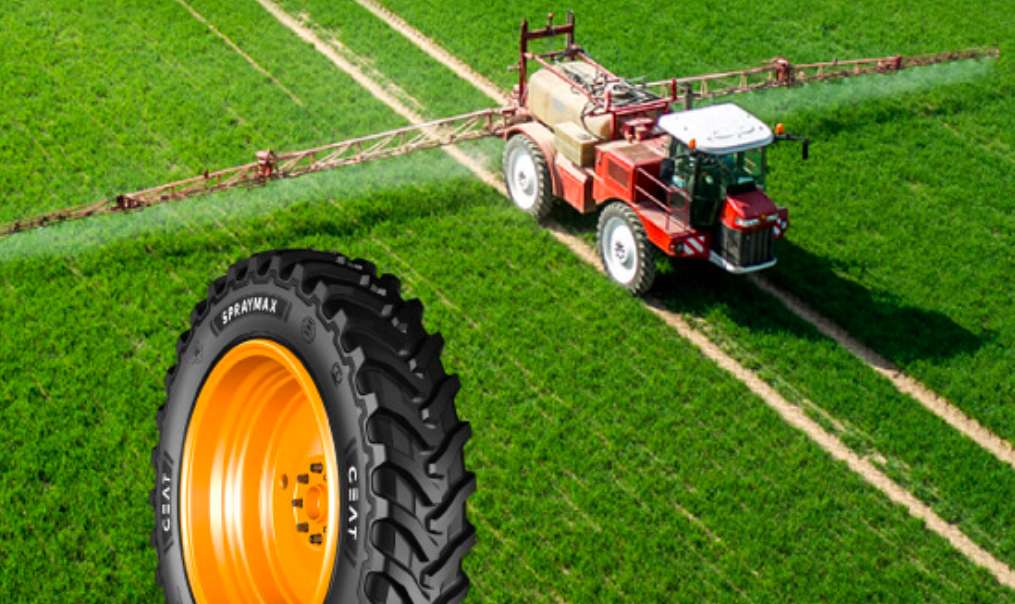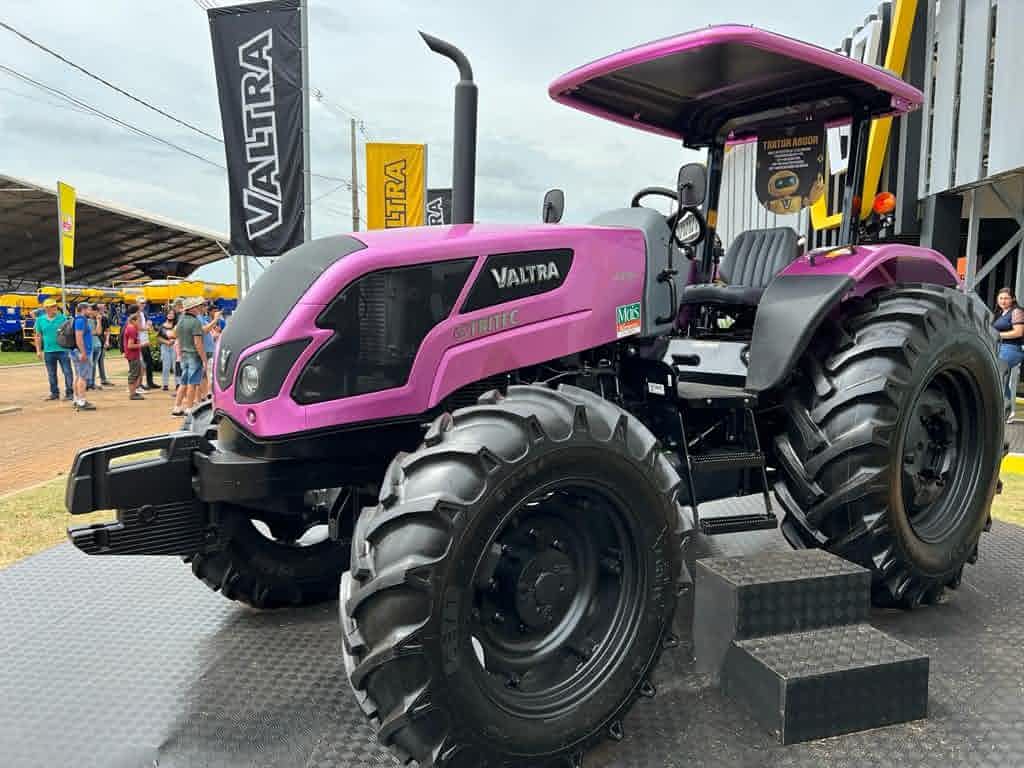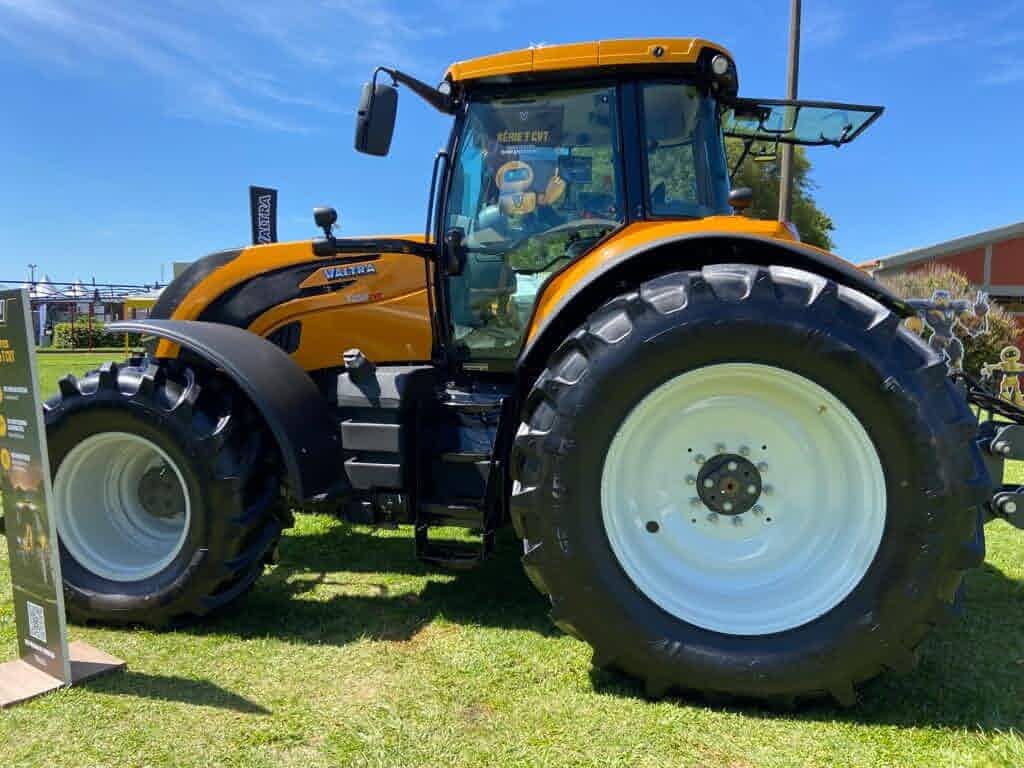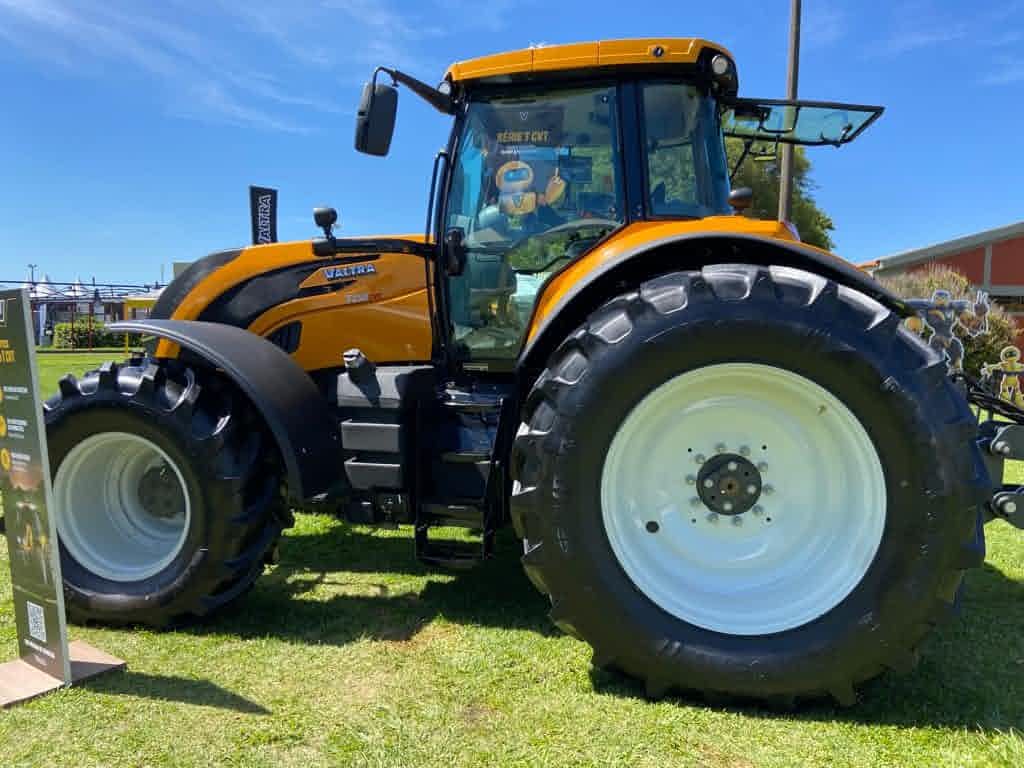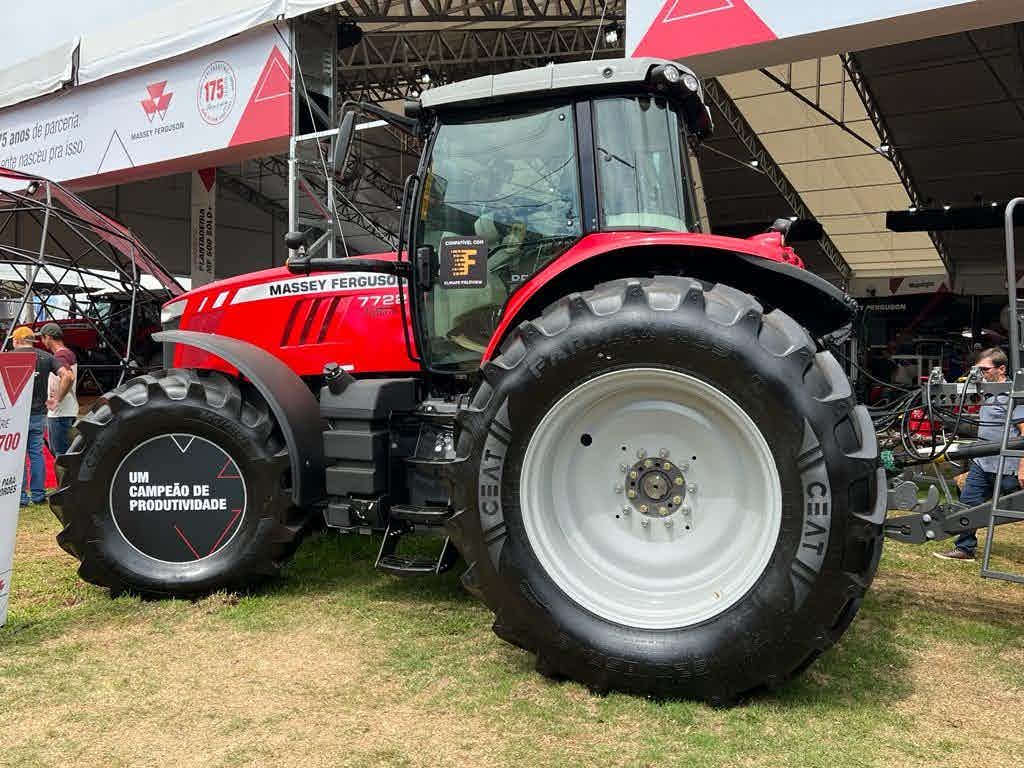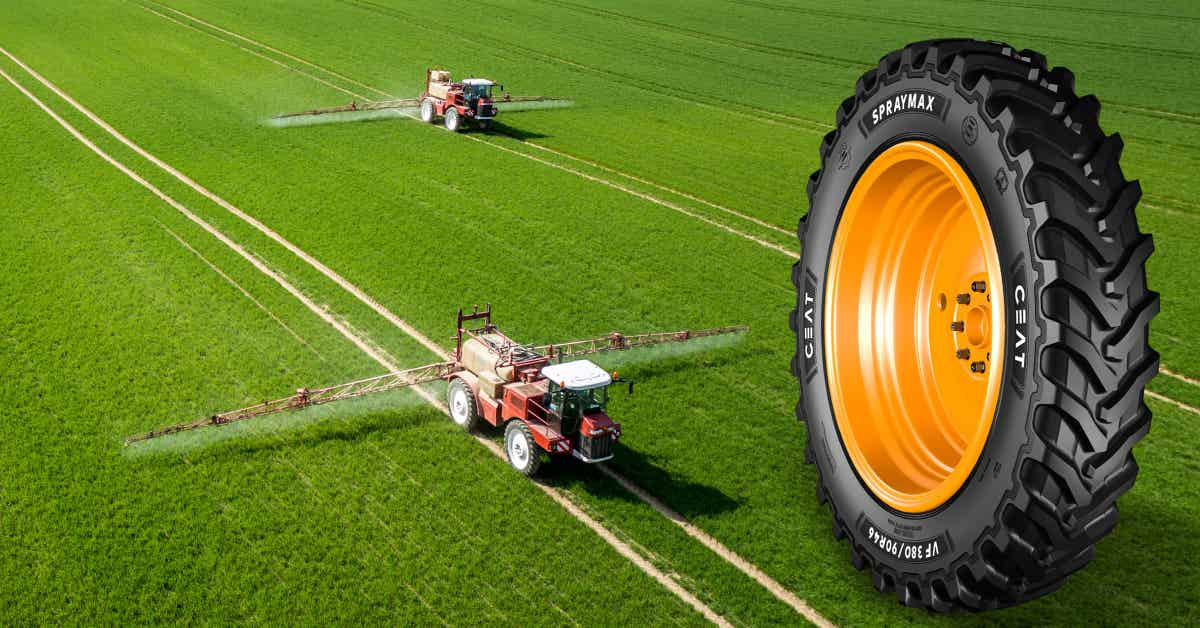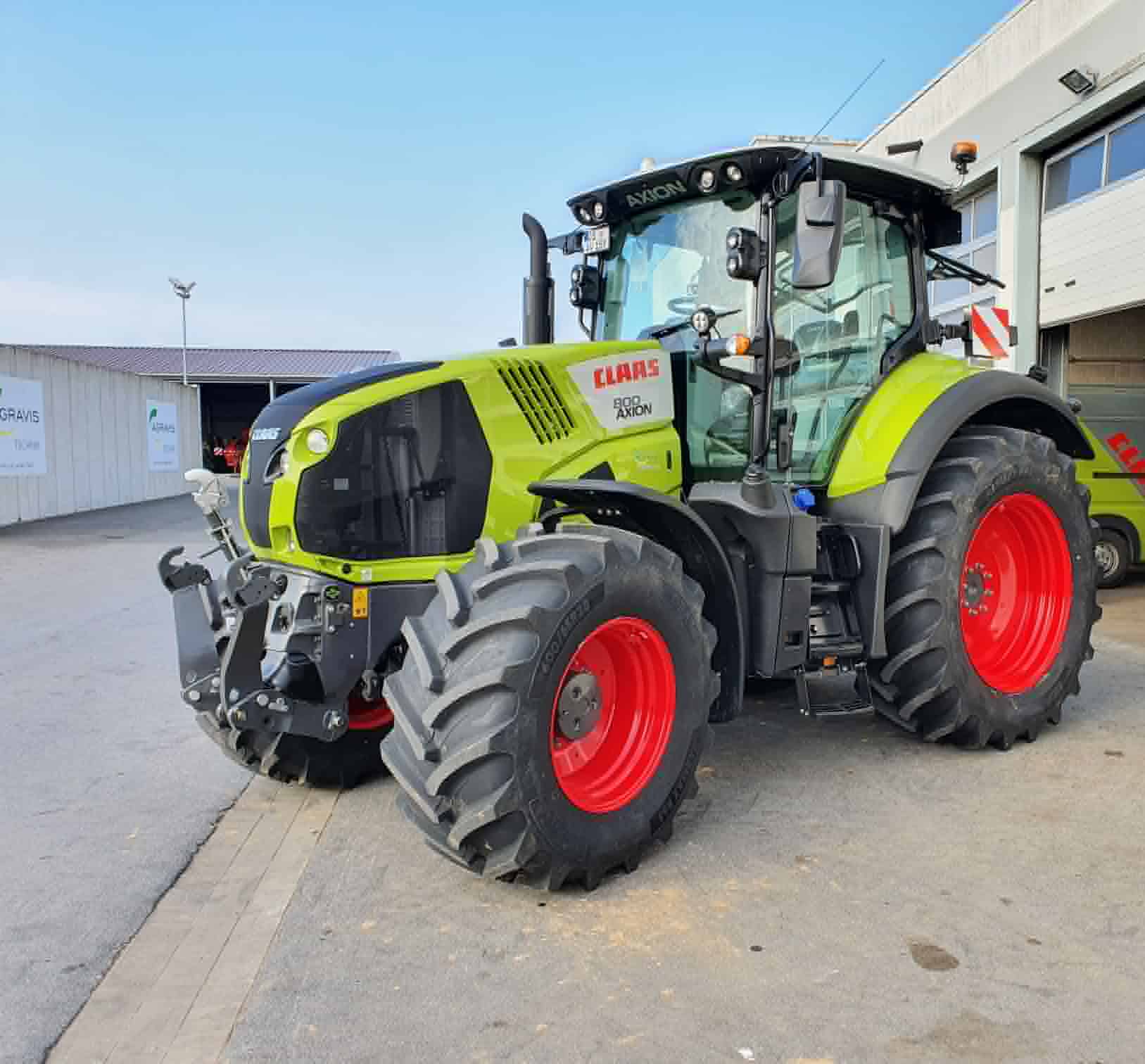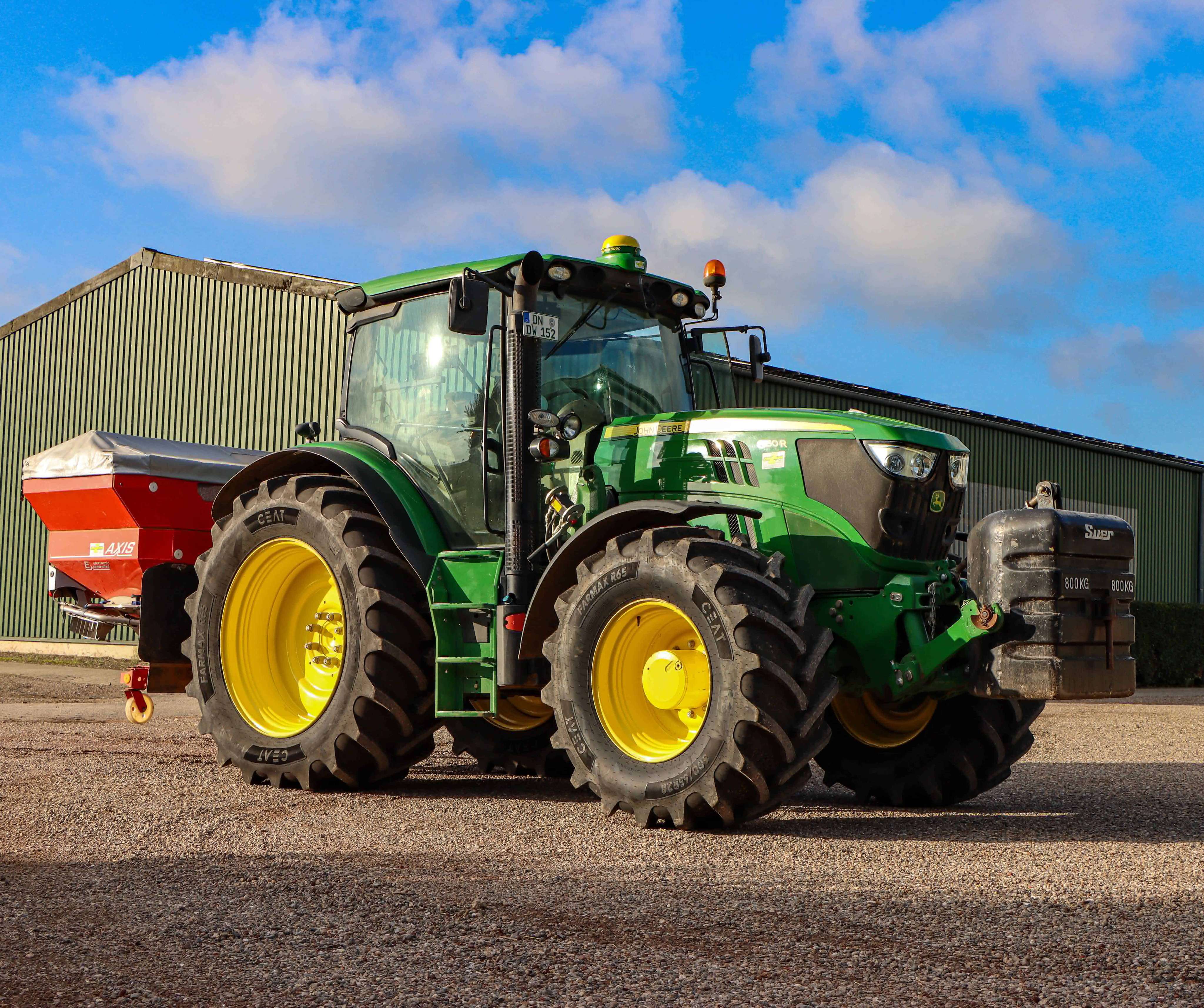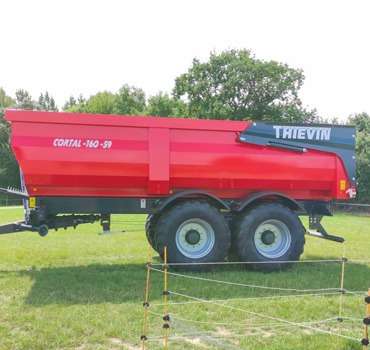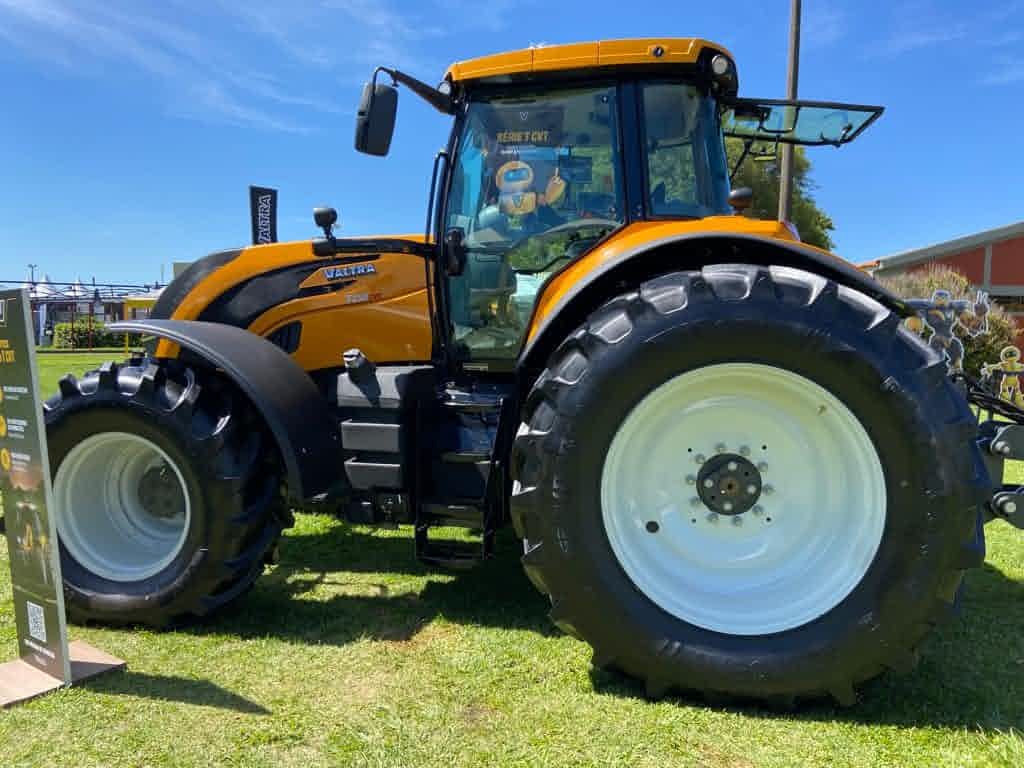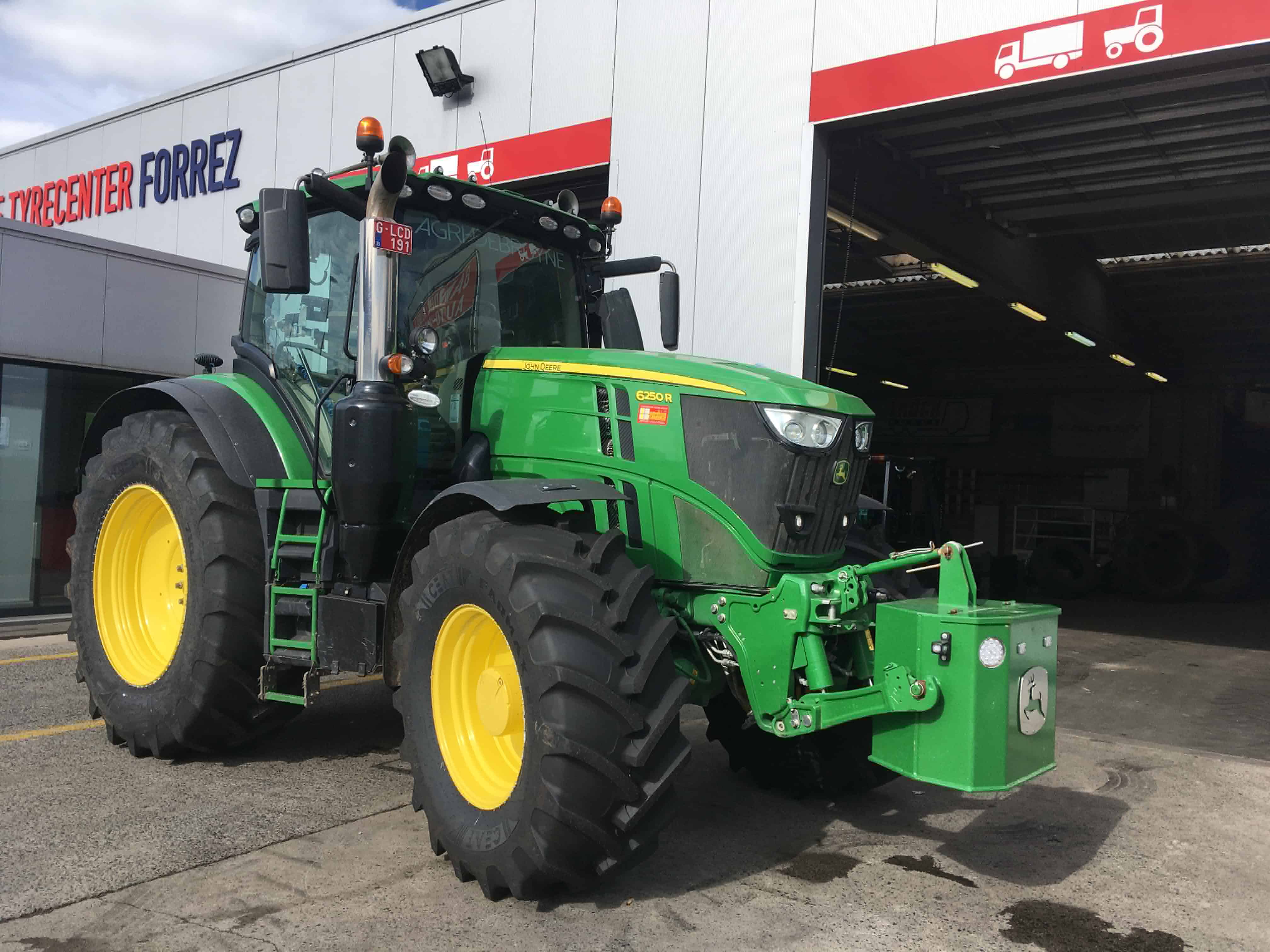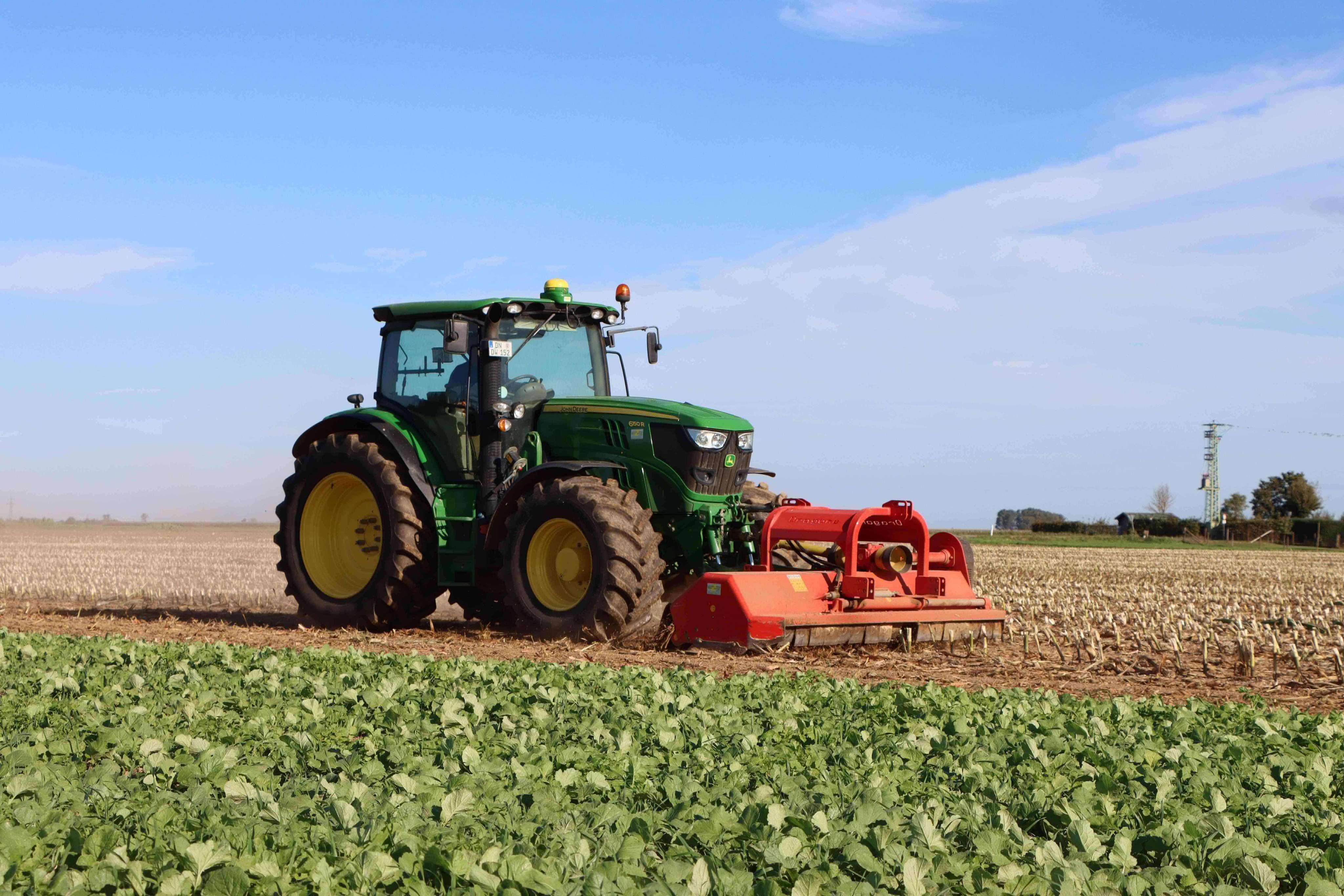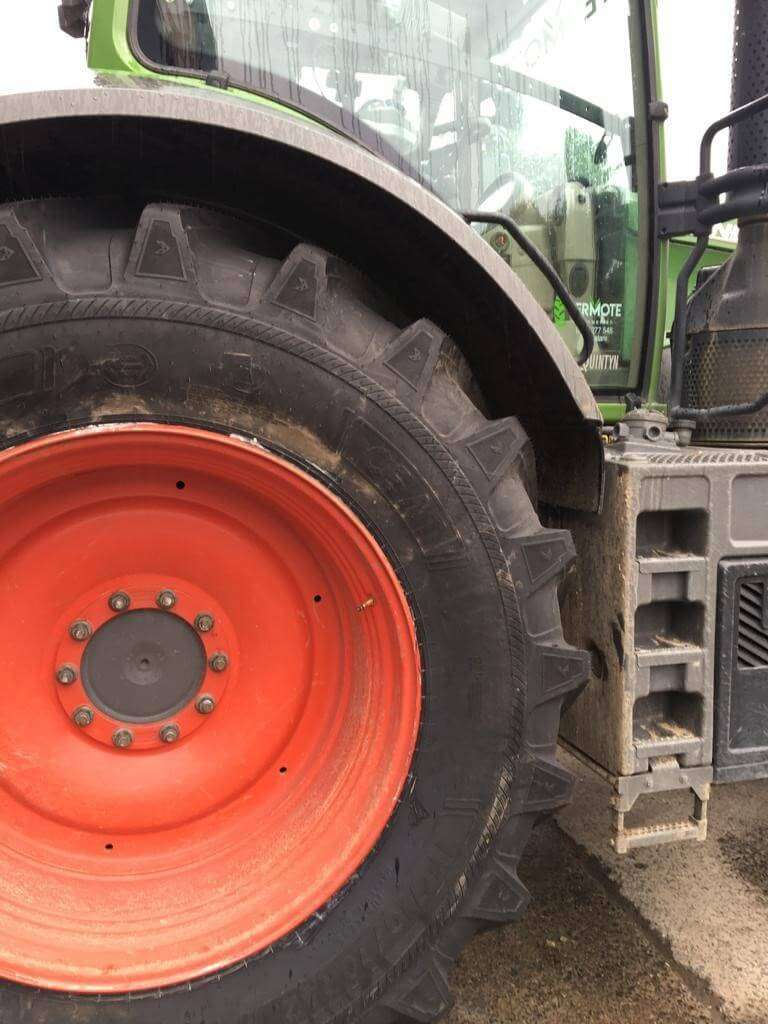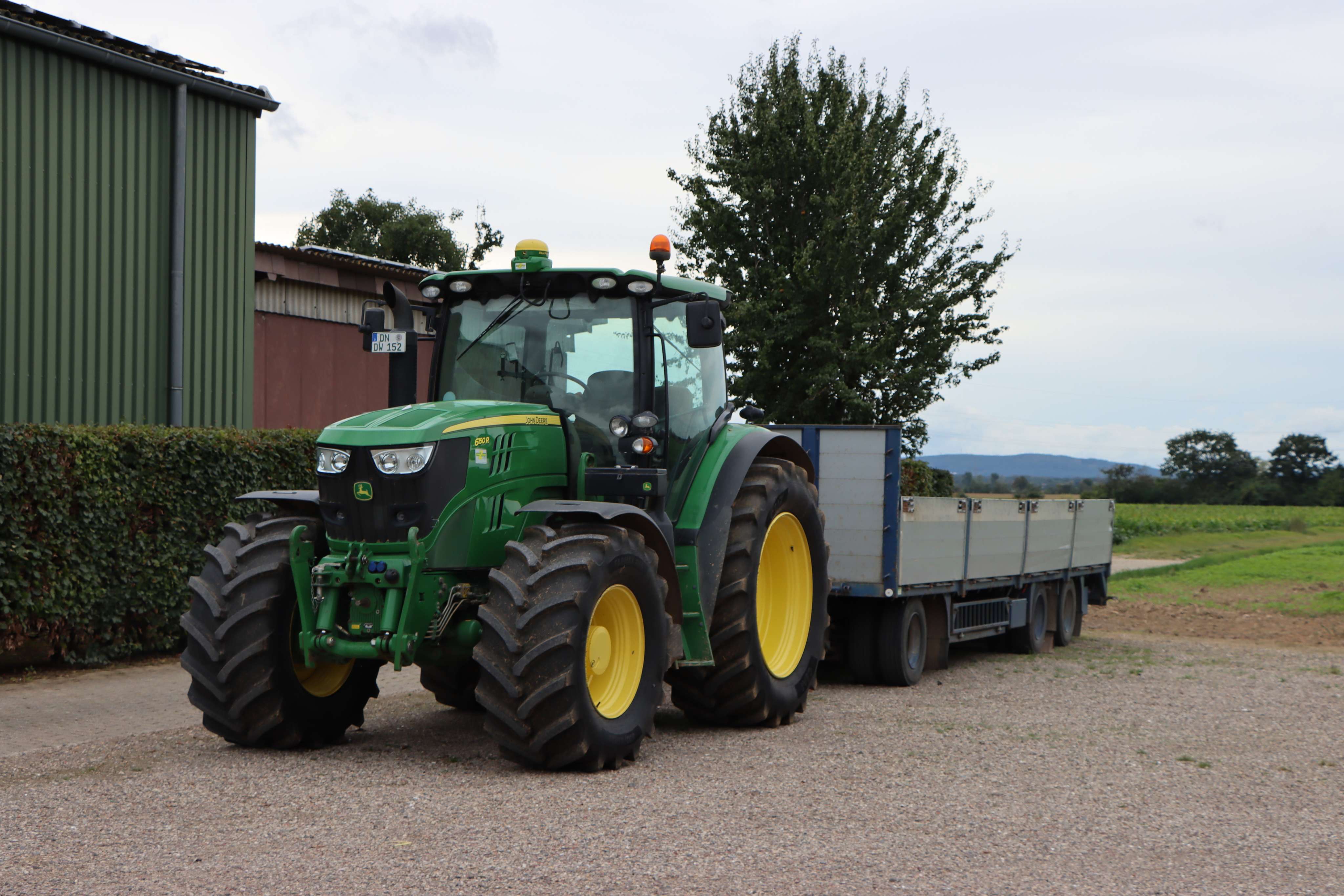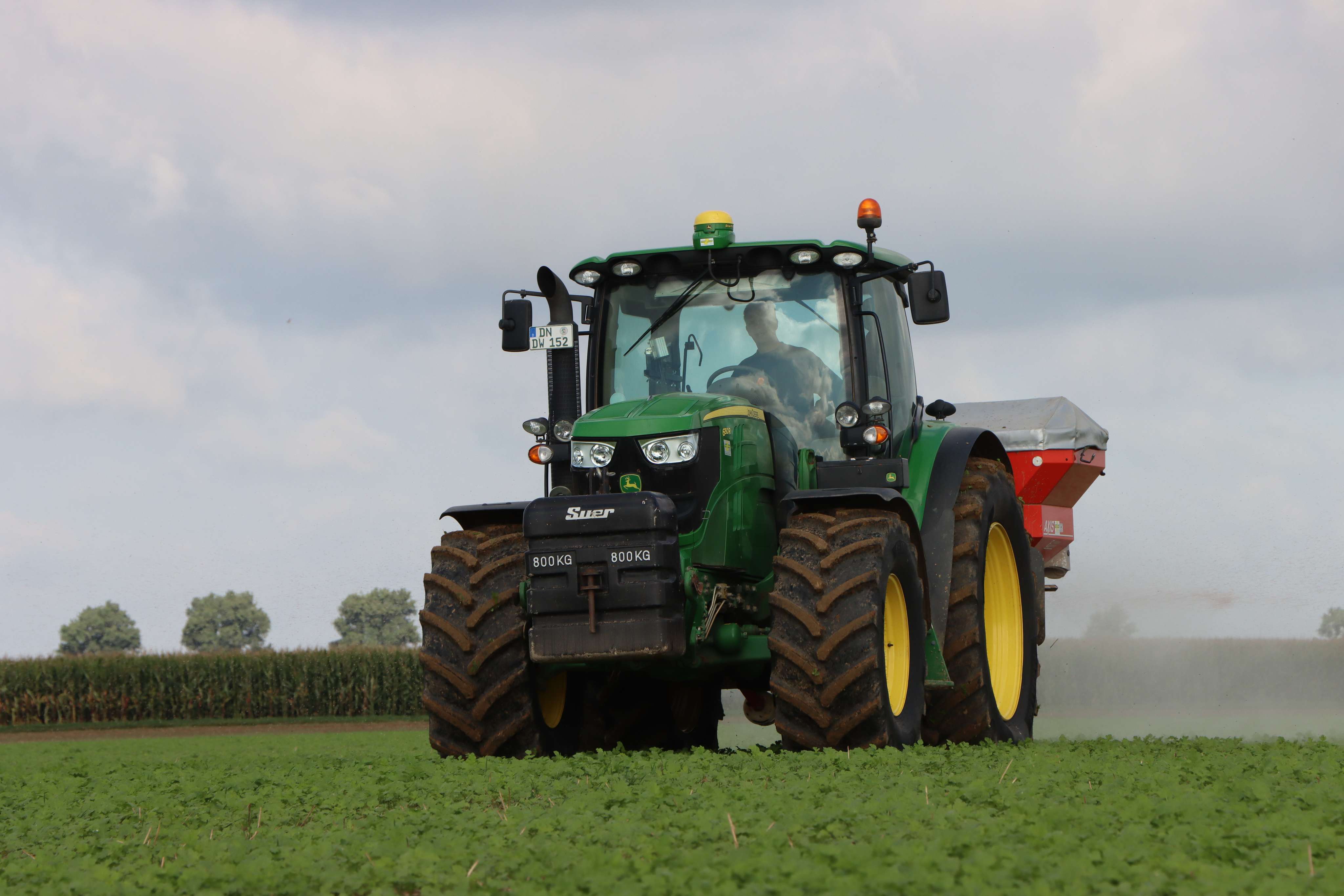ceat-speciality:blogs-tags/all,ceat-speciality:blogs-tags/tyre-care
Six Things You Absolutely Must Know About Your Tractor Tyres
Thu, 20 Jan 2022 | PRODUCTS
Perhaps you have purchased a tractor and need to familiarise yourself with its tractor tyres. Or maybe you have invested in replacements for an existing machine after searching tractor tyres price lists for ‘tractor tyres for sale’ or ‘tractor tyres near me’. There are a few vital things you should know.
1. The make of your tractor tyres
Tractor tyres should be paired across axles, using the same size, and ideally the same make, meaning their carcase design and tread type is consistent, and matches the way in which the manufacturer designed them. It will ensure the transfer of even and equal levels of power and grip to both wheels, which is essential for good tyre and tractor performance.
2. The construction of your tractor tyres: cross-ply tyres
Older and some basic tractors are sometimes fitted with cross-ply tractor tyres instead of the more modern radial type. In simple terms, radial tractor tyres are constructed circularly, around the entire circumference of the tractor tyre, while cross-ply tractor tyres are built from side to side. Cross-ply tractor tyres will be cheaper to buy, but their design means the ride will be firmer and grip may be less than a comparable radial as the sidewalls have less flexibility, although this does lend itself to working with a front loader. You must not mix cross-ply and radial tractor tyres on the same axle.
3. The construction of your tractor tyres – radial tyres
The more modern radial tractor tyre design, where the tyre is designed and manufactured in bands around the entire circumference, gives them a flexible sidewall while still retaining strength. This aids control over the direction of the (front) tyres on the road providing much better precision and speed of movement when travelling at speed. When cornering at the 40, 50 or even 60km/hr speeds of which modern tractors are capable, the radial tractor tyre retains much greater road contact than a cross-ply type, with significant safety benefits. Flexible sidewalls also mean improved heat dissipation for enhanced tractor tyre life.
4. The design of your tractor tyres and their load-bearing abilities
Make sure you understand the load and pressure capabilities of the design of your tractor’s tyres. Check with your tractor tyre dealer the pressures your tractor tyres should be operated at, given their design type and the load they will typically be bearing for working with particular implements, especially mounted ones. Over and above standard tractor tyres, increased flexion (IF) tractor tyre types can operate at the same pressures on the field and the road.IF tractor tyres can carry 20% higher loads at the same operating pressure or the same load at 20% lower pressures. Alternatively, very high flexion tractor tyres cantake40% higher loads at the same operating pressure or the same load at 40% lower pressures.
5. The pressures at which your tractor’s tyres should be operated
This relates to the previous point but is underlined here because it is an essential set of data you should always be familiar with. Standard tractor tyres will be capable of being operated within a relatively narrow band of variation in terms of pressure, and you must ensure this is checked and adjusted as necessary as often as possible as part of daily tractor maintenance. IF and VF tyres offer a greater band of flexibility in terms of pressures, but this should not be taken for granted. They should be adjusted according to the weight of the tractor and implement combination under load.
6. The current condition of your tractor tyres
As well as regularly checking your tractor’s tyres for pressures and damage, you should periodically assess the amount of tread left on the tyres relative to the tread depth when they were new. Tread checks will not only ensure you are fully aware of what your tractor should be capable of in difficult field conditions – shallow tread will compromise performance – but will also help you to plan for the purchase of your next set of replacement tractor tyres.
Follow these few points, and you should get the most from the tyres with which your tractor is fitted.

